Anti-LGBT discrimination costs states billions of dollars, study reveals
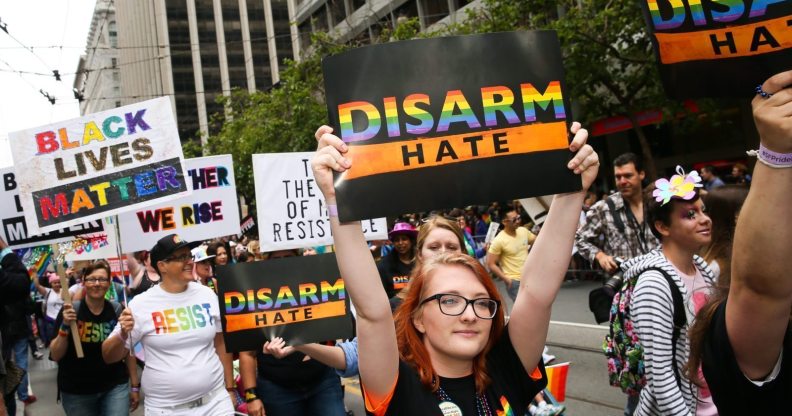
(Getty)
States like Texas are tossing away billions of dollars by not passing laws to ensure LGBT equality, new research has found.
The Texas legislature was engrossed last year with its attempts to pass a transphobic bathroom bill, similar to the one which North Carolina eventually repealed.
The Texas Senate passed the bill, but the state’s government ran out of time to turn it into law.
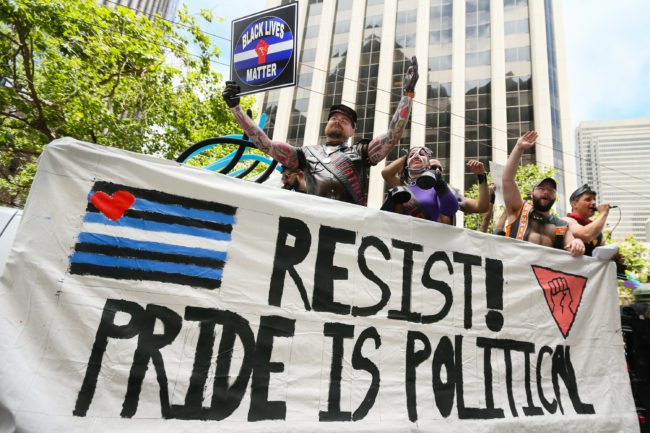
(Getty)
North Carolina was set to lose more than $3.76 billion over 12 years because of its anti-LGBT bathroom law, and it’s thought that Texas would have suffered in a similar fashion.
But it turns out that states are costing themselves billions of dollars anyway.
This is achieved simply by allowing damaging disparities between LGBT people and others to continue.
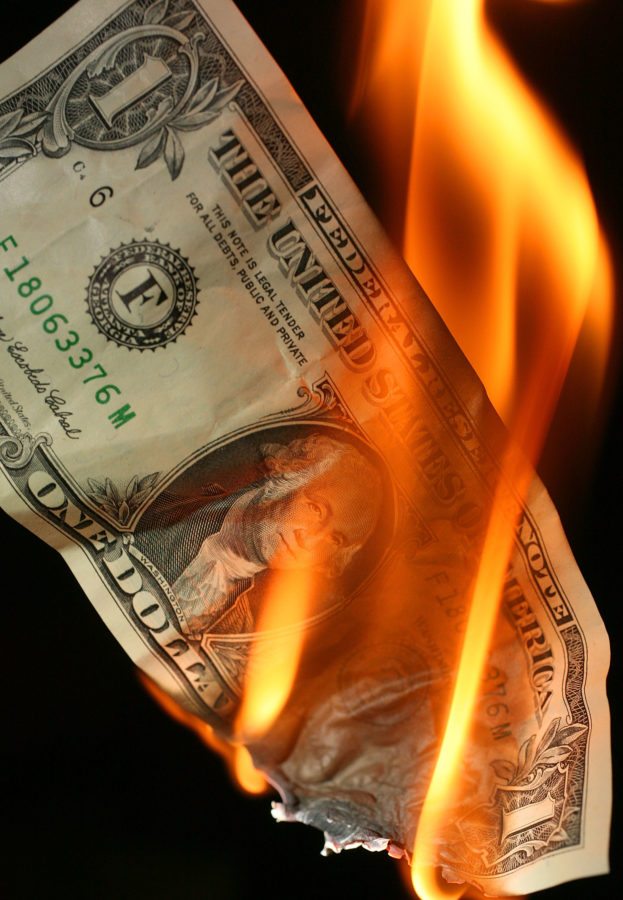
(Getty)
Texas loses more than half a billion every year, according to a study by the Williams Institute at the UCLA School of Law in California.
This is because the state has failed to reduce the number of LGBT people who have depression or who binge drink.
The study discovered that if Texas lowered the gap between the percentage of LGBT and non-LGBT people who have depression to a still-enormous 33.3%, it would benefit the state’s economy by as much as $385.3 million.
And if it produced the same results with binge-drinking – that is, ensure it affects a maximum of one-third more LGBT people proportionally – Texas could make up to $157.2 million.
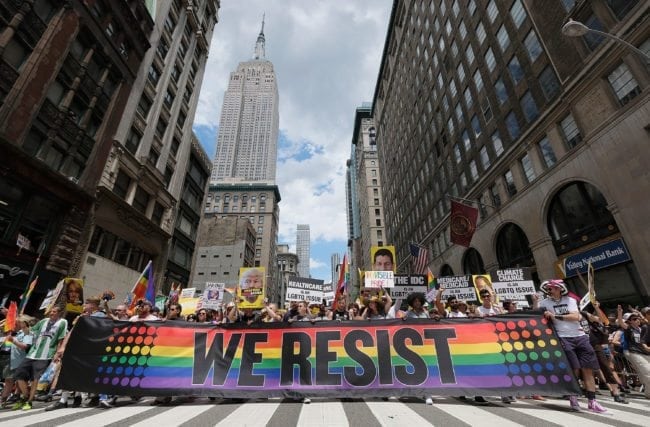
(Getty)
This adds up to more than $540 million a year – simply by taking steps to reduce inequality.
Even when considering the 177 transgender Texans who the Williams Institute estimates have had to stay at a shelter in the past year due to housing discrimination, the figures are huge.
The study explains that a statewide ban against gender identity discrimination would save Texas “up to $1.6 million annually in Medicaid and shelter expenses alone.”
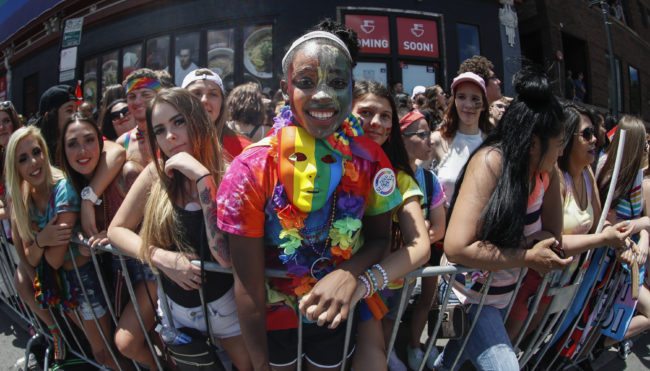
(Getty)
Similar reports on Florida and Georgia found that the states could save $224 and $80 respectively if they cut the gap between LGBT and non-LGBT smoking rates by 25%.
Williams Institute State and Local Policy Director Christy Mallory explained: “We’re not saying that the disparity is going to totally go away or that a certain law would completely close that gap”.

(Getty)
However, she added, “we do say that these health outcomes that have been linked to minority stress do have a cause,” according to The Daily Beast.
“So we try to look at [the effects of] even narrowing that gap.”

